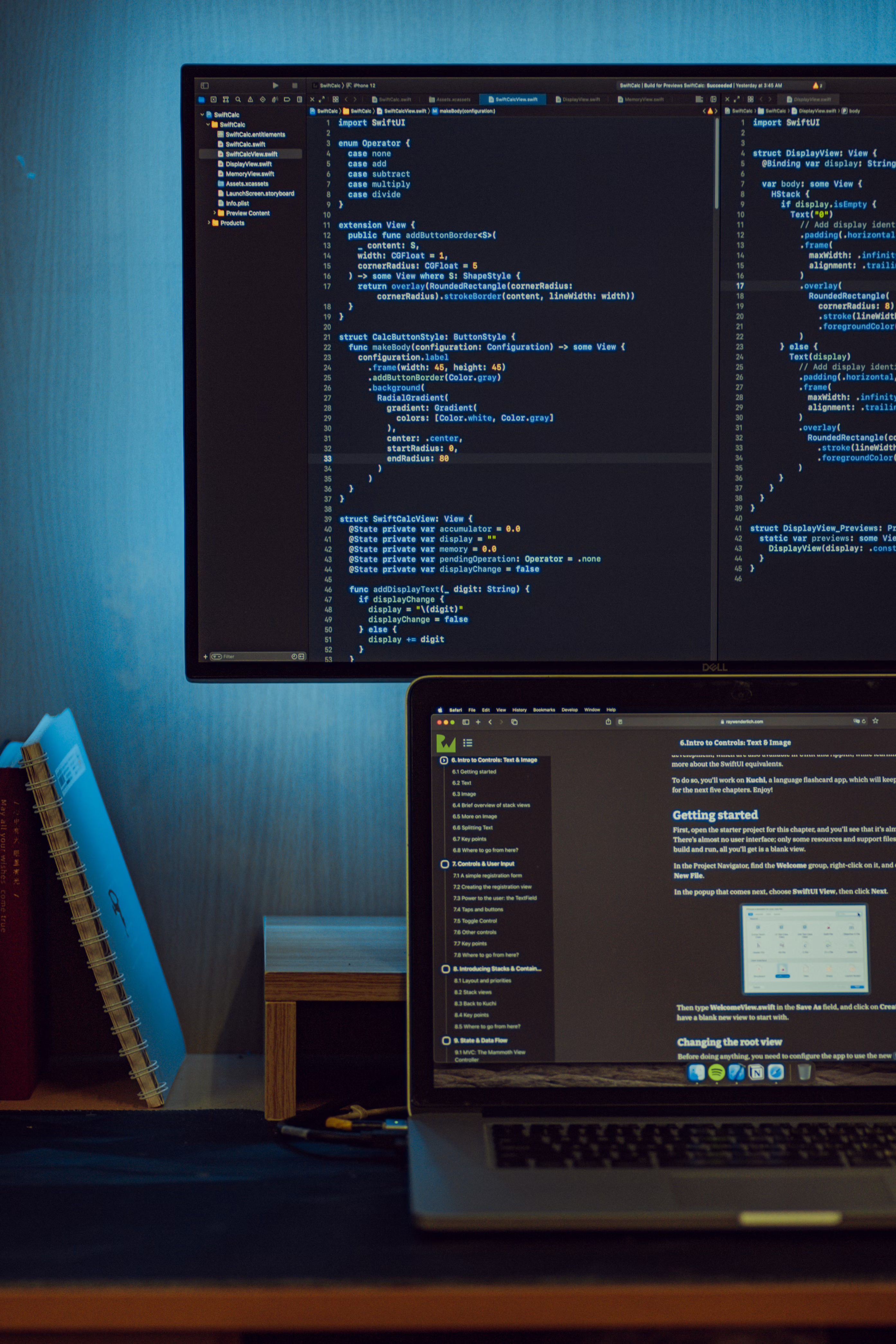
The future of programming with artificial intelligence (AI)
April 20, 2024
Artificial intelligence has transformed many aspects of our lives since OpenAI opened Pandora's box in 2023 with ChatGPT version 3. As has been discussed on multiple occasions and in various places, artificial intelligence is a concept that had been under development for decades. However, it wasn't until OpenAI released its software and pushed the biggest players to follow suit that there was a true explosion in the acceleration of its development.
In the world of web programming, we already had access to AI tools even before anyone else in the world, thanks to GitHub Copilot, which was released by Microsoft through its then-unknown alliance with OpenAI. Copilot is a plugin that can be installed in any code editor, like Visual Studio Code for example, and it suggests everything from lines of code to complete pieces and hooks each time you write a new line, based on the context of your code editor.
Now, to understand the topic of this article, it's important to divide it into three main themes: the past, present, and future of web programming.
To understand programming, you need to know that it is essentially the interpretation of a series of codes or instructions that we give to a machine, and based on its knowledge, it executes said action.
The past:
When programming was created, it was nothing more than a combination of 0s and 1s, known as binary code, where the machine interprets a series of groupings of various 0s and 1s that it subsequently transforms into cuts and steps of light through its cards and internal chips. Programming in binary proved to be highly effective, but it came with several problems, such as the fact that writing a simple instruction required multiple pages and sheets of paper since programming at that time involved punch cards that represented the 0s and 1s that were fed into the machines and transformed into our actions like Morse code.
All this, combined with the difficulty of the low or non-existent graphic quality at the time, which we later solved thanks to new screens and monitors, meant that programming was a matter of mathematicians and scientists who had the capacity to operate and learn all possible codes. Thus, studying programming was not an easy task at that time.
Later, we began to write languages that were more like human language and, through other tools known as compilers, transformed our new languages back into binary code to make it increasingly simpler.
The present:
By the 2000s, we already had a series of languages and frameworks that allowed us to develop much faster, in addition to the constant updates that these languages had. The king among them at the time was undoubtedly PHP, a language that to this day is still used by most sites worldwide. It is very robust but has gradually lost prominence with the arrival of more modern languages and frameworks like React and NextJS. Moreover, we no longer required external libraries like jQuery to animate our websites, let alone Flash (which had already been discontinued).
More and more languages and frameworks kept appearing that made our lives easier as programmers, but we were entering a loop of not advancing and always doing the same thing, in different presentations. However, when OpenAI announced its ChatGPT, Microsoft its Copilot on GitHub, and many more, programming was reawakened, and we went from being mere code writers to interpreters.
The future:
From here, it will be a personal opinion permeated by my years of experience in the tech world and in creating digital products, as a product designer and programmer.
To talk about the future, it is first necessary to know the difference between normal artificial intelligence (AI) and general artificial intelligence (AGI), as the former is where we currently are and is an unintelligent artificial intelligence, meaning, for now, it only predicts patterns and responds based on that, but with knowledge that we have predefined. The latter, general artificial intelligence (AGI), speaks of the point at which it can continue feeding its knowledge by itself and therefore grow infinitely without limitations.
Those of us who program know that the time to do so has been reduced, that it is increasingly easier from writing the first lines to debugging thanks to artificial intelligence. But, what will happen when we have general artificial intelligence? Will programming end? The answer is no, according to my experience and based on what I have been experiencing as a product leader in a technology company, what will happen is that we will become assistants to artificial intelligence, to help it correct itself where it simply gets stuck or to help it understand human rational thoughts and feelings.
In my opinion, software will be written entirely by artificial intelligence, but we, with our natural intelligence, will have the mission and responsibility to properly guide the steps of this technology.